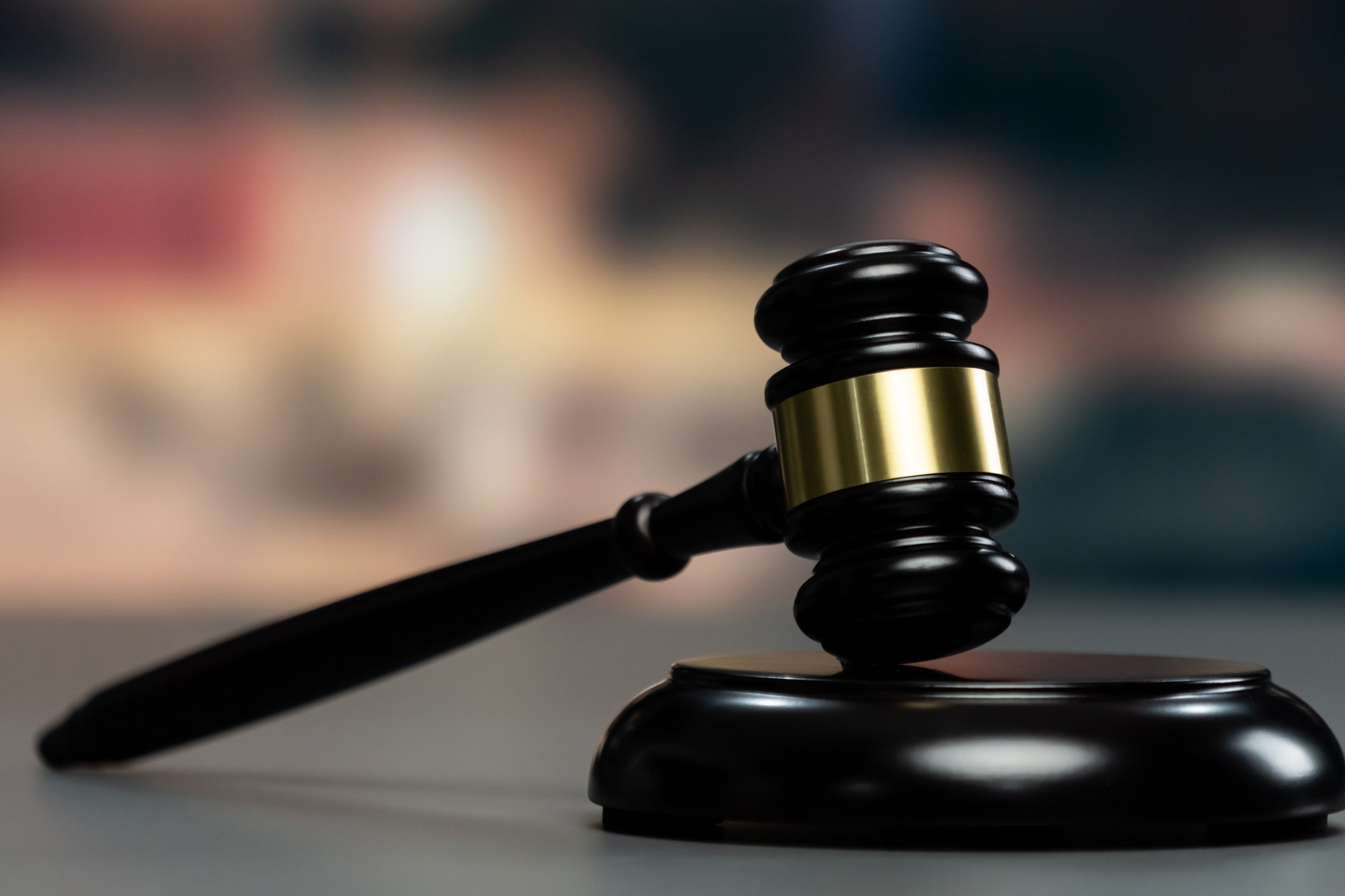The “Gig” Driver Misclassification Issue Outlasted the Pandemic of 2020
/The outcome of some recent California lawsuits could alter how California handles issues of classification for employees and independent contractors in the gig economy.
Details About Referenced Cases:
People of the State of California v. Uber Technologies, Inc., et al
Filed: 10/22/2020 in the Court of Appeal of the State of California First Appellate District Division Four
A160701, A160706 (City and County of San Francisco Sup. Ct. No. CGC-20-584402)
Dynamex Operations West, Inc. v. Superior Court of Los Angeles County
Court: Los Angeles County Superior Court
Case No: BC332016
Rideshare Company Drivers: Employees or Independent Contractors
The California Court of Appeals upheld a trial court ruling that major rideshare companies Uber and Lyft both classify their California drivers as employees rather than independent contractors (People of the State of California v. Uber Technologies, Inc., et al.) The suit started over claims that both companies were violating California state law AB-5, which requires employers classify their workers as employees unless they can prove that the worker is "free from the control and direction of the hiring entity in connection with the performance of the work." The trial court ruled in favor of the state.
Distinguishing Between Employees and Independent Contractors:
Courts attempting to differentiate between employees and independent contractors using similar wording usually focus their determinations on the level of independence or control the worker retains compared to the employer. However, determining how much control the employer retains over their worker while performing their work is not the only factor. The issue often hinges on the individual's work itself - and whether or not it falls "outside" the hiring entity's usual course of business.
Are Drivers Performing Work Outside Uber & Lyft's Usual Course of Business?
The trial court ruled in favor of California, granting a preliminary injunction prohibiting the two major rideshare companies from classifying their drivers as independent. They found that their drivers were not performing work outside the company's "usual course" of business. Uber and Lyft appealed the trial court's decision. However, Justice Jon Streeter of the Court of Appeals upheld the lower court's decision. He stated that the drivers' misclassification would cause significant irreparable harm noting the lack of wage protections, rest periods, meal breaks, overtime pay, health insurance, etc.
Prop 22 Opposes General Push of California Case Law Toward Greater Classification as Employees:
While California case law's general direction reflects a push toward a greater classification of California workers as employees, Proposition 22 presented a challenge when California voters adopted it in the November 2020 election. This proposition counteracted AB-5. The proposition was backed by the rideshare companies and organizations supporting the classification of gig-economy workers as independent contractors instead of employees. The California Supreme Court's decision in Dynamex Operations West, Inc. v. Superior Court of Los Angeles resulted in a "presumption that a worker who performs services for a hirer is an employee for purposes of claims for wages and benefits arising under wage orders issued by the Industrial Welfare Commission." AB-5 took this presumption and codified the decision of the court. Proposition 22 presented a different definition in opposition to the presumption created by the court's findings in Dynamex Operations West, Inc. v. Superior Court of Los Angeles and the subsequent AB-5. According to Proposition 22, drivers are only considered "engaged" after picking up a passenger, delivery, etc. The definition created by Proposition 22 removes a significant amount of time previously considered to be engaged in work such as when the driver is marked as "available" for a pickup. As such, drivers cannot receive payment for this time or mileage, and they cannot accrue any other type of benefits.
In our increasingly technology-driven society, the debates for handling gig-economy workers will continue. In addition to rideshare drivers for companies like Uber and Lyft, the issue directly affects many other workers connected to different industries like Grub Hub, and Uber Eats delivery drivers, etc. The debates defining when an individual is "engaged" in work will significantly narrow the definition of when a worker should be classified as an independent contractor.
If you have questions about California labor law violations or how employment law protects you against labor law violations, please get in touch with Blumenthal Nordrehaug Bhowmik DeBlouw LLP. Experienced employment law attorneys are ready to assist you in various law firm offices located in San Diego, San Francisco, Sacramento, Los Angeles, Riverside, and Chicago.





